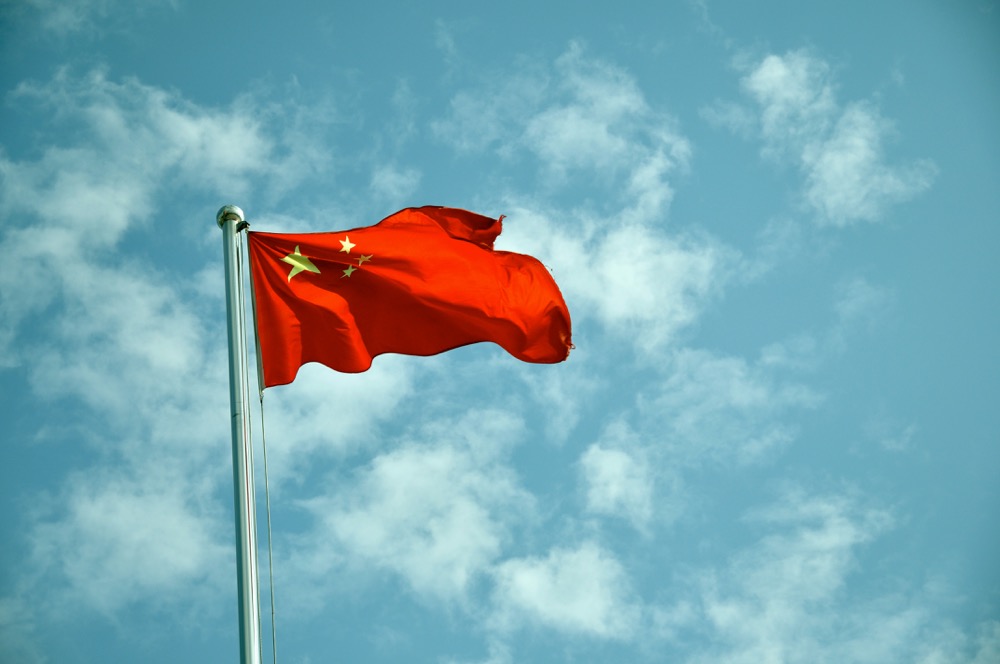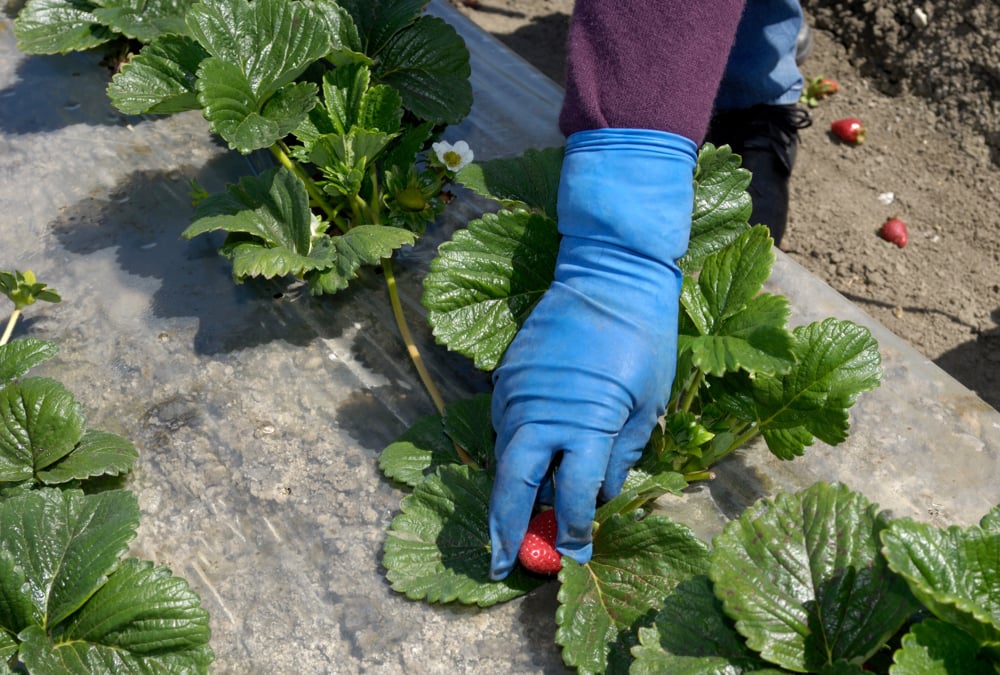Tariffs on Chinese EVs prompt canola worries

Glacier FarmMedia—Some people are wondering if canola could once again be in China’s crosshairs if the country retaliates against a series of new punitive tariffs announced by Canada on Monday.
Prime Minister Justin Trudeau said a 100 per cent surtax will be levied on all Chinese-made electric vehicles effective Oct. 1, 2024.
The federal government will also be applying a 25 per cent surtax on imports of steel and aluminum products from China, effective Oct. 15, 2024.
“Actors like China have chosen to give themselves an unfair advantage in the global marketplace, compromising the security of our critical industries and displacing dedicated Canadian auto and metal workers,” said Trudeau.
Read Also


Agriculture dodges temporary foreign worker clamp down
Recent rule changes restricting access to temporary foreign workeers will not impact agriculture or food processing, federal employment minister says.
“So, we’re taking action to address that.”
Ottawa says the measures will protect Canadian workers in key economic sectors from unfair Chinese trade practices.
Canada’s auto manufacturing industry supports 125,000 Canadian jobs, while its steel and aluminum sectors provide more than 130,000 positions.
The government says China’s intentional, state-directed policy of overcapacity and its lack of rigorous labour and environmental standards threaten Canadian workers and businesses in those fields.
“Recent consultations with stakeholders have confirmed that exceptional measures are required to address this extraordinary threat,” the government stated in a press release.
Canada was under pressure to copy similar measures already adopted by the United States and the European Union.
Some people on the X social media platform wonder if China will retaliate by once again targeting Canadian canola exports.
The Canola Council of Canada said China is an important and valued market.
“We will continue to remain actively engaged to support market access and competitiveness for Canadian canola in this key market,” council president Chris Davison said in an email statement.
Many people in the canola industry believe politics was behind the market restrictions that China imposed on Canadian canola on March 6, 2019, when it suddenly blocked shipments from Richardson International and Viterra.
Canada’s canola exports to China plummeted from 4.87 million tonnes in 2018 to 1.54 million tonnes the following year.
Sales finally bounced back to 4.59 million tonnes in 2023 after four straight years of reaching about half that volume.
China claimed the ban was related to a phytosanitary issues, but canola industry officials contend it was retaliation for Canada detaining Huawei chief financial officer Meng Wanzhou.
The restrictions were lifted on May 18, 2022, shortly after Canada dropped its extradition proceedings against Meng.
Canada’s pork sector is another potential target for China.
China’s pork companies asked for an anti-subsidy and anti-dumping investigation into the European pork and dairy industries shortly after the European Union announced tariffs of 17.4 to 37.6 percent on individual Chinese EV makers.
Western Producer columnist D’Arce McMillan said most observers think that investigation is a direct response to the EU’s tariffs on Chinese EVs.
China’s pork imports are way down from 2020 and 2021 levels after African swine fever devastated Chinese hog producers. But they are still large, and if EU suppliers lose market share, other exporters would benefit.
“However, if Canada and the U.S. have high EV tariffs, they would likely be in China’s bad books as well and not get extra business,” McMillan stated in a recent column.
Source: Farmtario.com

